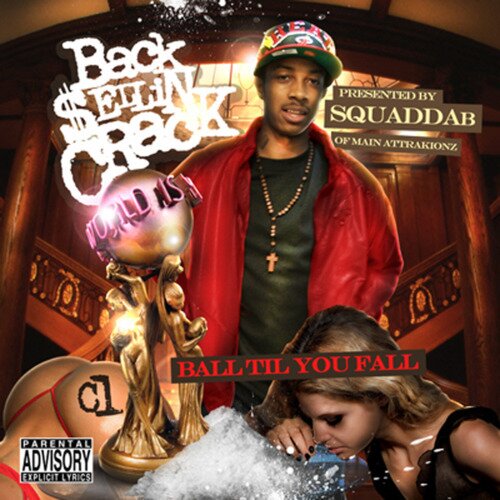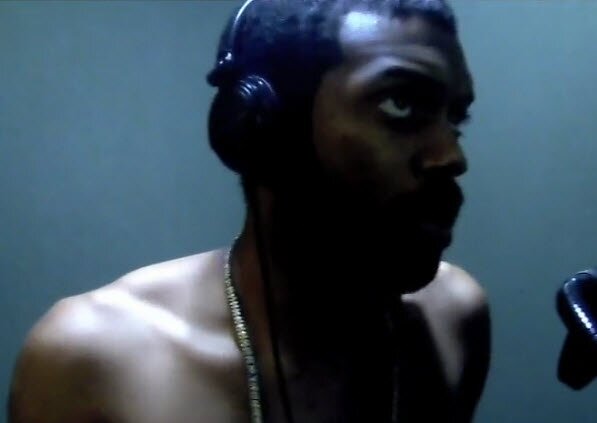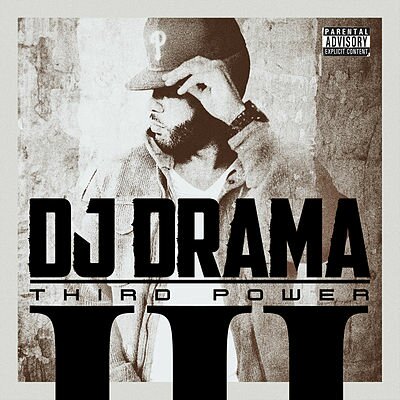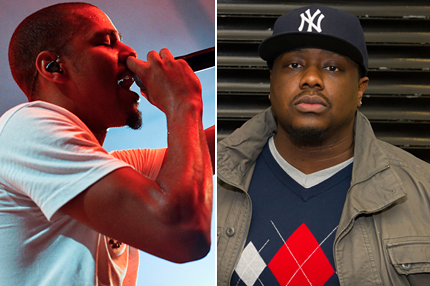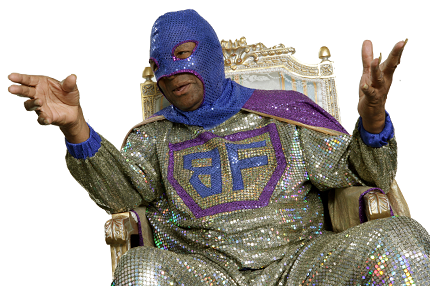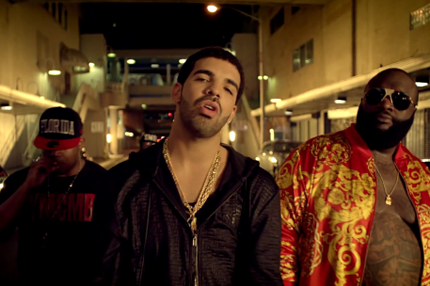
This week’s column is about Dee Rees’ movie Pariah, which is totally not Oscar-bait! The movie also has some smart things to say about rap music and hip-hop culture. I try to explain what it’s saying. Deleted thought: Rees cuts up and refashions black cinema with the same respect/disrespect that a beatmaker brings to a soul sample. Belly’s referenced, and Precious director Lee Daniels’ greasy hyper-realism’s there in the cinematography even as Pariah rejects that film’s sense that black living is at best, a beautiful hell. The nearly forgotten stirrings of the early 90s African American film renaissance are present thanks to Spike Lee as executive producer and it has the homespun sincerity of post-civil rights cinema like Ossie Davis’ Black Girl and others. Alike’s father seems plucked from Charles Burnett’s Compton neo-realist classic Killer Of Sheep. Go see it!
After only hearing about Pariah, Dee Rees’ smart, heartbreaking film of a young black lesbian growing up in Brooklyn, a friend of mine compared it to Boys Don’t Cry. Meaning: It’s obviously another one of those feel-good-about-feeling-bad, issue-heavy melodramas that pop up on the indie film landscape every few years. Pariah however, goes to great lengths to confuse and confound its potentially in-built audience of civic-minded, liberal cinema-goers.
Pariah begins in a strip club. Gritty, hyper-stylized shots of grinding dancers and dollar bills floating around are set to Khia’s raunchy early-2000s hit “My Neck, My Back (Lick It).” It looks like a scene out of Hype Williams’ high-contrast 1998 rap classic Belly. The club is girls-only, though, so here’s a strip club full of women enjoying themselves, joyfully objectifying one another, and acting as obnoxious as men. And the film seems fine with that, reserving judgment even as it gradually introduces Alike (Adepero Oduye), whose concern is her curfew, not grabbing as many girls’ phone numbers as possible…

